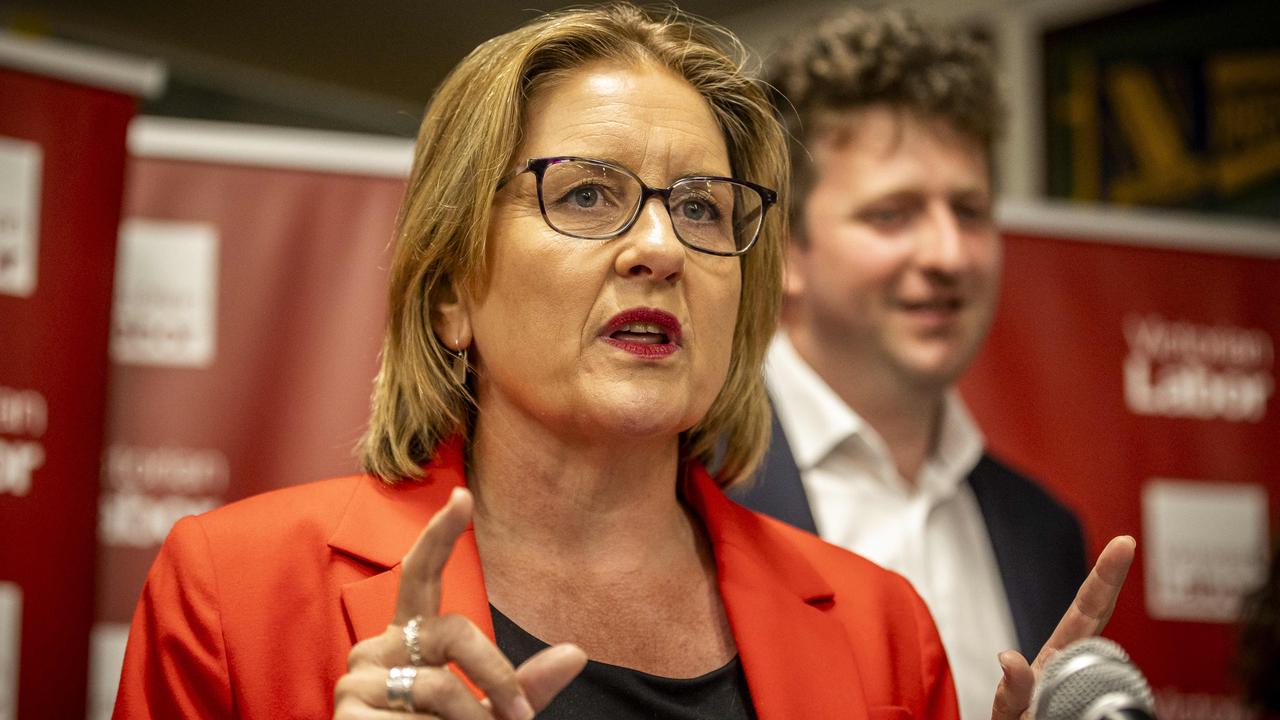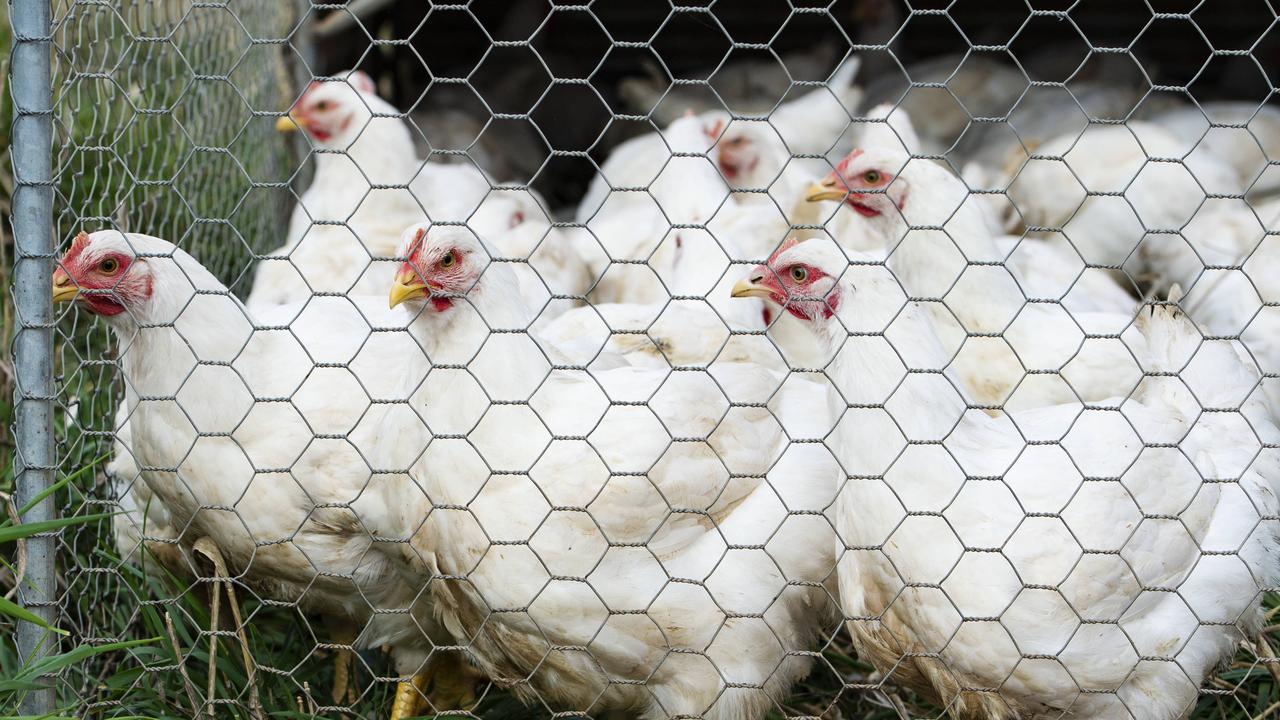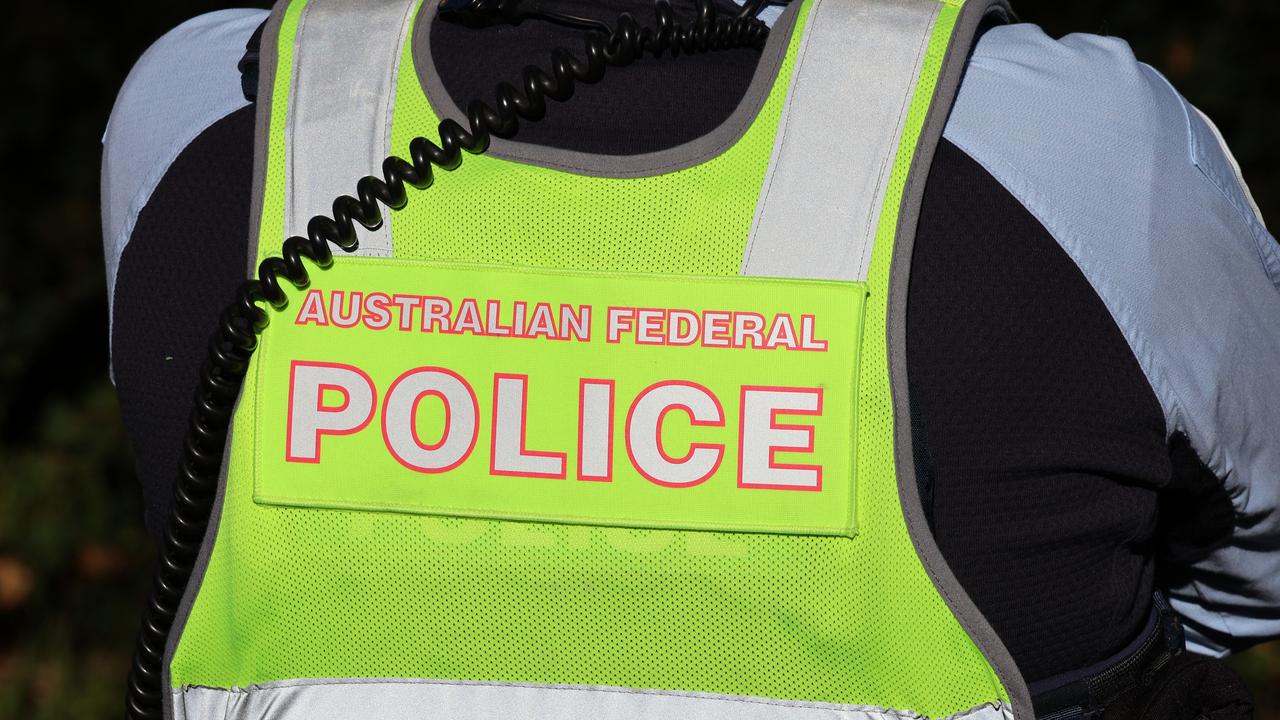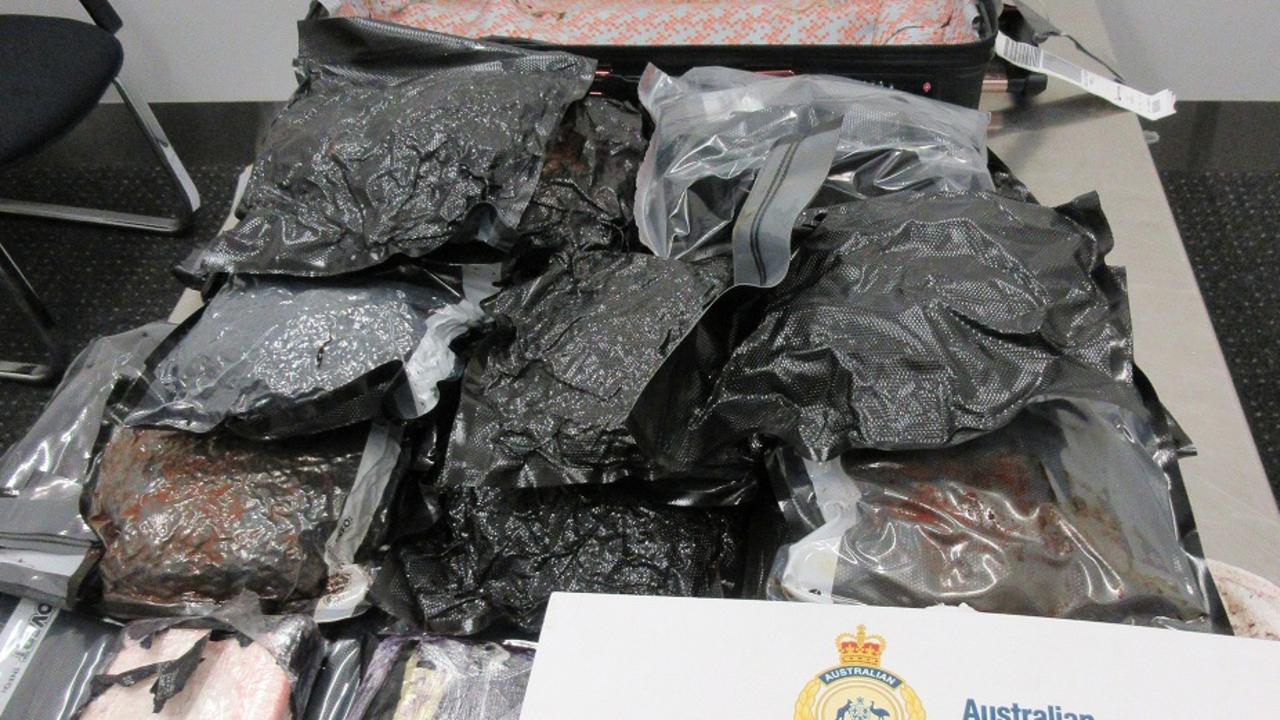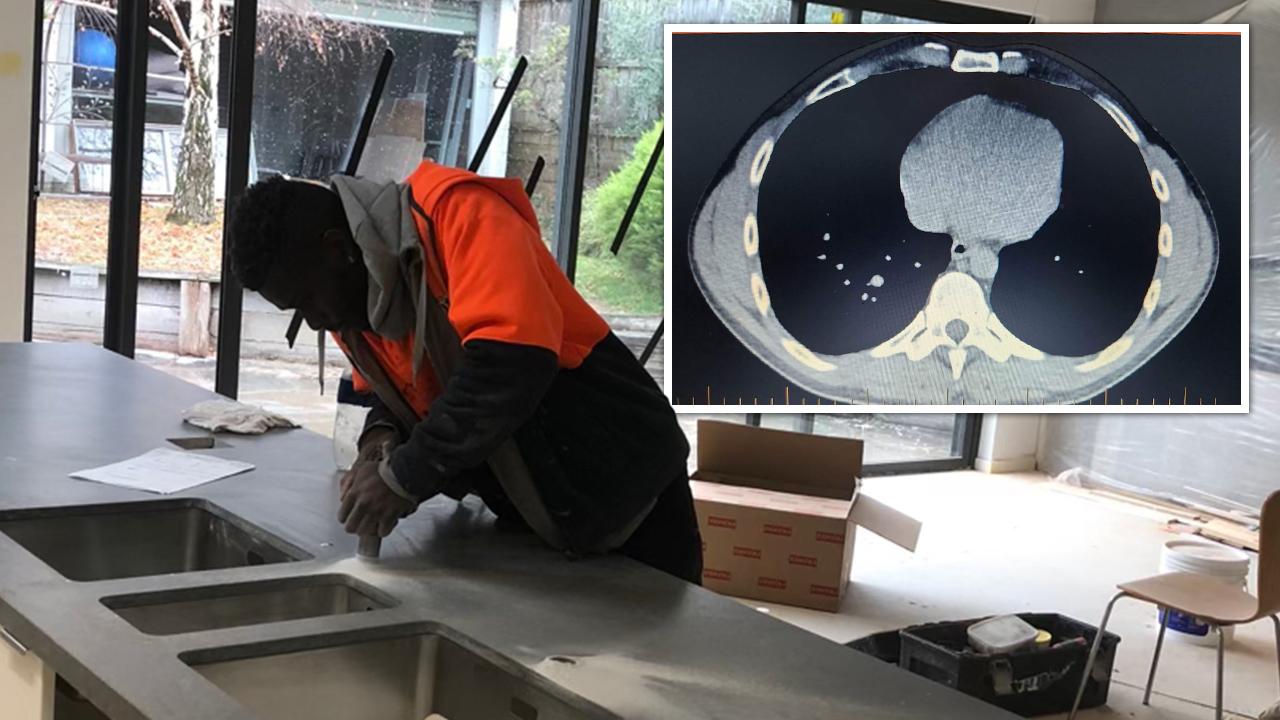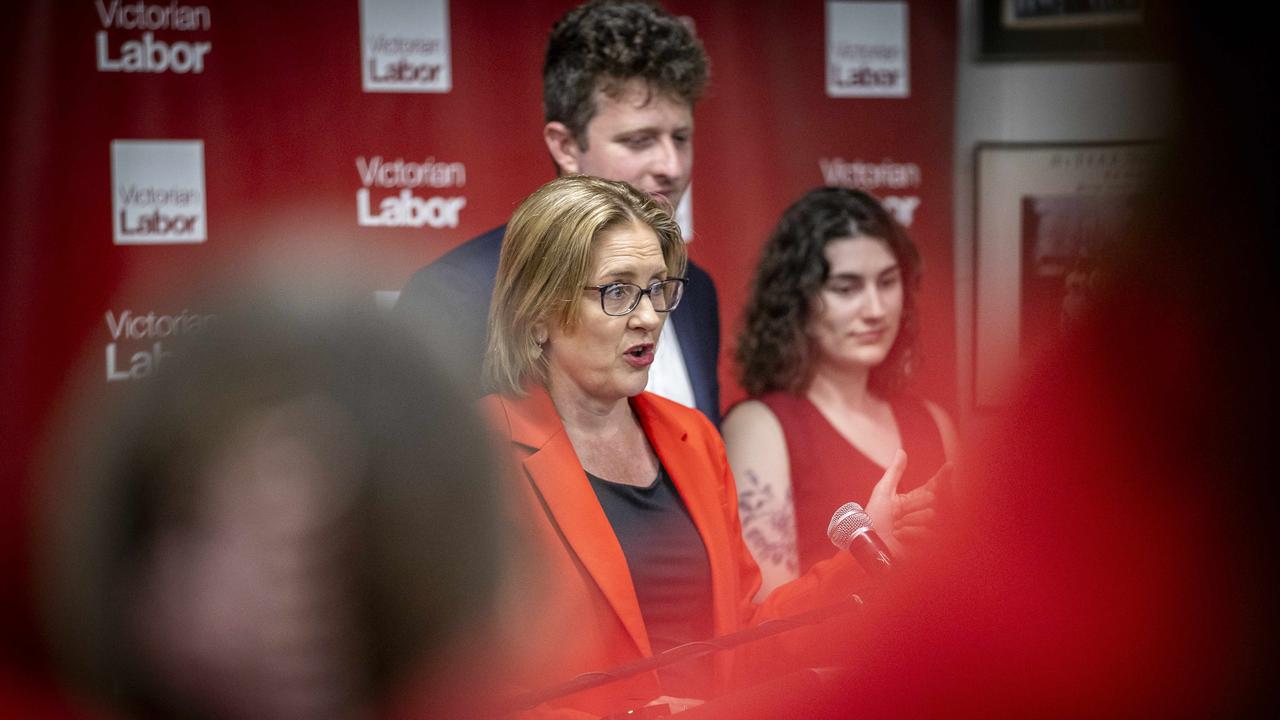Lost generation: Young Victorians hiding worsening mental health from parents, as fights surge
How can you tell if your child is testing boundaries or battling mental health problems? New research reveals many young people are hiding crippling anxiety from parents.
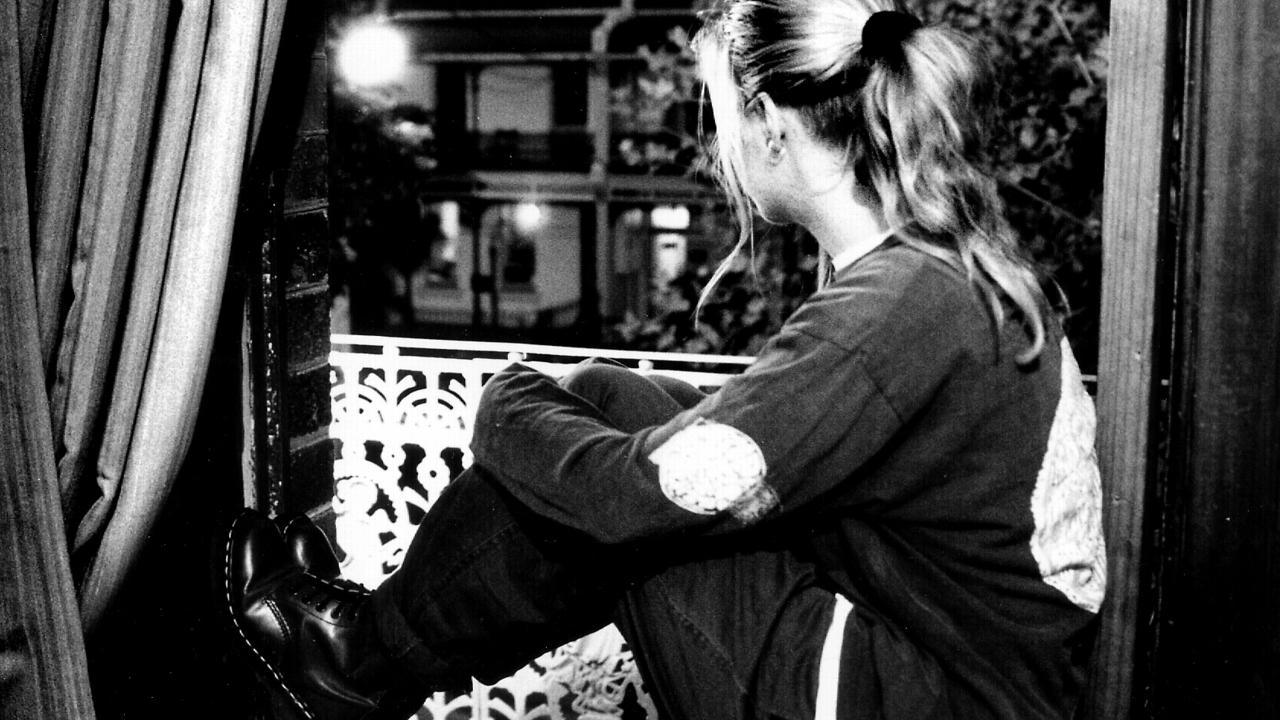
Victoria
Don't miss out on the headlines from Victoria. Followed categories will be added to My News.
Victoria’s Covid lockdowns have caused family and relationship breakdowns, with more kids reporting they are fighting with their parents than before the pandemic.
Nearly 40 per cent of young Victorians aged 16 to 24 say they are having more disagreements with their families, with more than half revealing they feel isolated, alienated and misunderstood.
A shocking 59 per cent report feeling ‘down’ or depressed, with 30 per cent believing it will take them up to two years to get back on track.
But alarmingly, many parents are failing to notice their children’s slipping mental health, the new research by Medibank shows.
It comes as the Victorian Auditor-General revealed a $14m state government program aimed at helping disengaged kids get back into school may not be working and does not appear to collect accurate data.
The Victorian Government rolled out The Navigator Program - designed to address school refusal - last year.
But a report released by the Auditor-General late last month found just 1.3 per cent of all Victorian students aged 12 to 17 were eligible for the program.
Of those eligible, only about 20 per cent were referred to Navigator.
The report also found it could also take up to six weeks for a referral to be finalised, leaving hundreds of kids and parents struggling.
Location was a major contributor to whether the program was helpful, with some areas referring about 40 per cent of eligible students but others referring less than 15 per cent.
Assoc Prof Glenn Melvin, from Deakin’s Centre for Social and Early Emotional Development, School of Psychology, called for greater statistics on school refusal after the audit found - that due to the lack of data collected by the Victorian Department of Education and Training - it was hard to see whether the Navigator program was actually working.
“We don’t have an accurate figure on how many students are refusing to attend or how much worse the situation has become following the pandemic,” he said.
“We urgently need contemporary data on the rates of school refusal to help us understand what level of resources schools, families and communities need to address the problem.”
The Medibank research into how parents are underestimating the mental health toll of Covid on their kids shows 40 per cent of young people are choosing not to see friends face-to-face as much as they did before the pandemic, and 55 per cent are trying to overcome unhealthy eating habits.
And more than half are turning up to school or university classes but feeling disconnected.
Medibank’s Chief Medical Officer Dr Linda Swan said the research - which involved surveying more than 1500 randomly selected young Australians in March this year - showed kids were feeling confused and lacking confidence in talking about their negative thoughts with their families.
“Young people don’t necessarily feel confident to speak up,” she said.
Assoc Prof Melvin said mental health issues were often behind kids refusing to go to school.
“For kids who are refusing to go to school, there’s often high levels of anxiety and depression,” he said.
“We also see high levels of difficulty in some kids with managing social situations and keeping friends.”
Warning signs to look out for in your children:
Changes to sleep patterns
Changes to eating habits
Shifts in the expression of emotions
Difficulty waking up in the morning
Shifts in exercise habits
Comparing themselves to others, especially those on social media
Where to get help
If you or someone you know is at risk of suicide contact one of these national 24/7 crisis services immediately:
• Lifeline: 13 11 14 or lifeline.org.au
• Suicide Call Back Service: 1300 659 467 or suicidecallbackservice.org.au
• beyondblue: 1300 224 636 or beyondblue.org.au
If you are struggling with your mental health, you can also reach out to one of the following youth support services:
• headspace: visit headspace.org.au for eheadspace or more information
• Kids Helpline: 1800 55 1800 or kidshelpline.com.au
• ReachOut: reachout.com
• SANE Australia: 1800 187 263 or sane.org
Talk with a trusted adult, such as a parent, teacher, school counsellor or wellbeing officer. Or make an appointment with your local GP.
More Coverage
Originally published as Lost generation: Young Victorians hiding worsening mental health from parents, as fights surge



